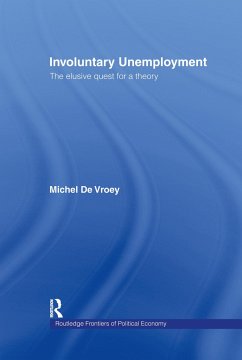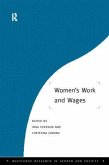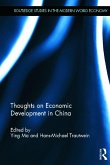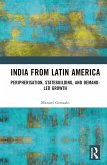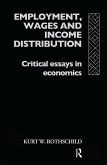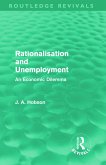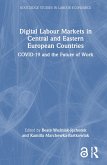The Great Depression of the 1930s with its dramatic unemployment rates was one of the most striking economic events of the past century. It shook economists' belief in the existence of self-adjusting forces and prompted Keynes to write his masterwork, The General Theory of Employment, Interest and Money (1936). This book studies the evolution of macroeconomics viewed through the window of involuntary unemployment. Involuntary unemployment has played a central role in the development of macroeconomics and has also been the object of heated debates, being defended and attacked by prominent economists with equal vehemence. However, this concept has gradually disappeared from textbooks and research. This book recounts and ponders this demise, asking is this a manifestation of a defect of economic theory or is it rather that the involuntary unemployment concept is of little use when it comes to economic theory? In order to disentangle these issues, the author critically examines the different explanations of involuntary unemployment that have been offered from Keynes up to the end of the 1980s. After consideration of the General Theory, the author studies the works of pioneering macroeconomists such as Hicks, Modigliani, Lange, Leontief, Tobin, Klein and Hansen. A consideration of the "re-appraisal of Keynes" and the disequilibrium school is followed with a discussion of Friedman's and Lucas' anti-Keynesian attack. The final section of the book investigates key topics such as different New Keynesian models, efficiency wages, and imperfect competition models.

